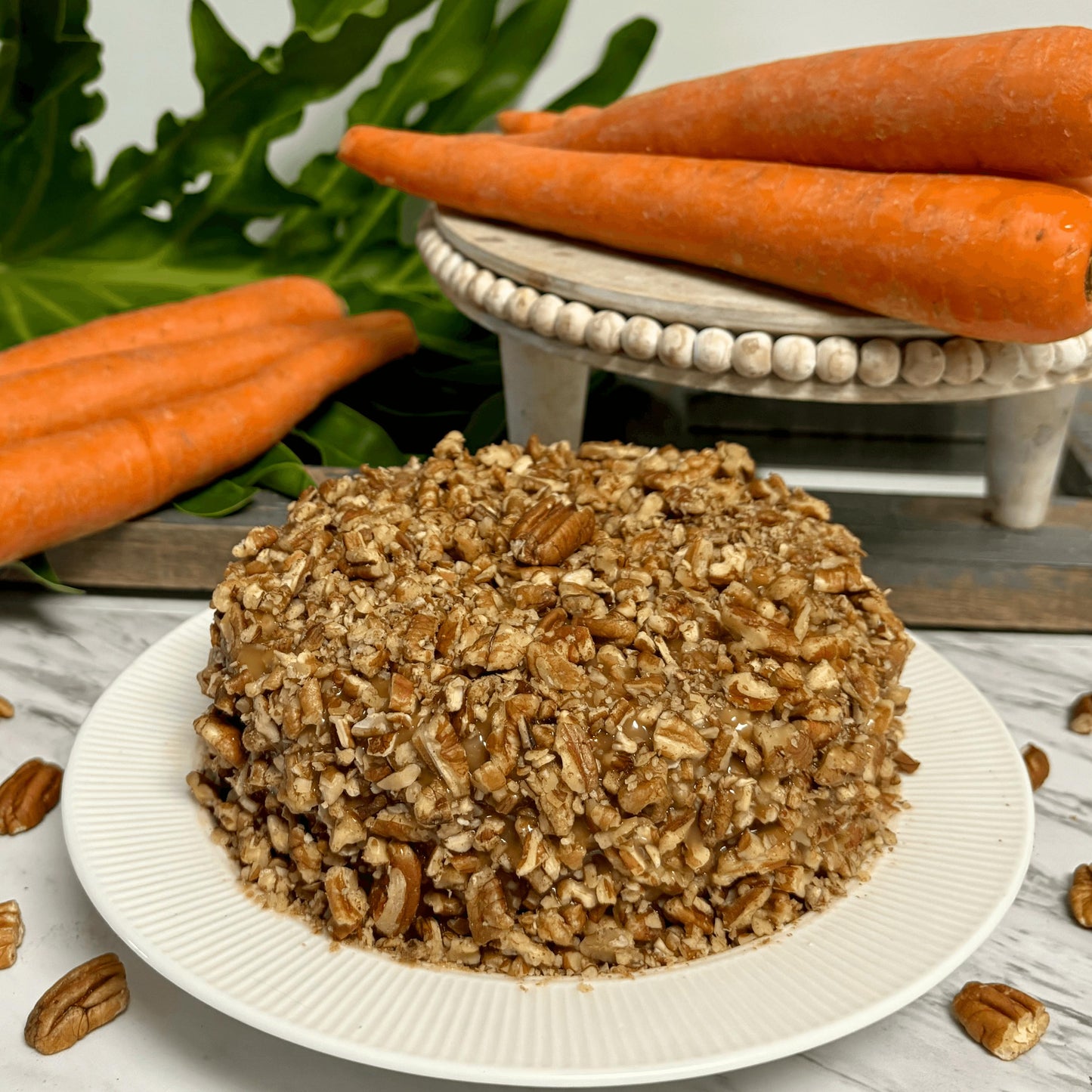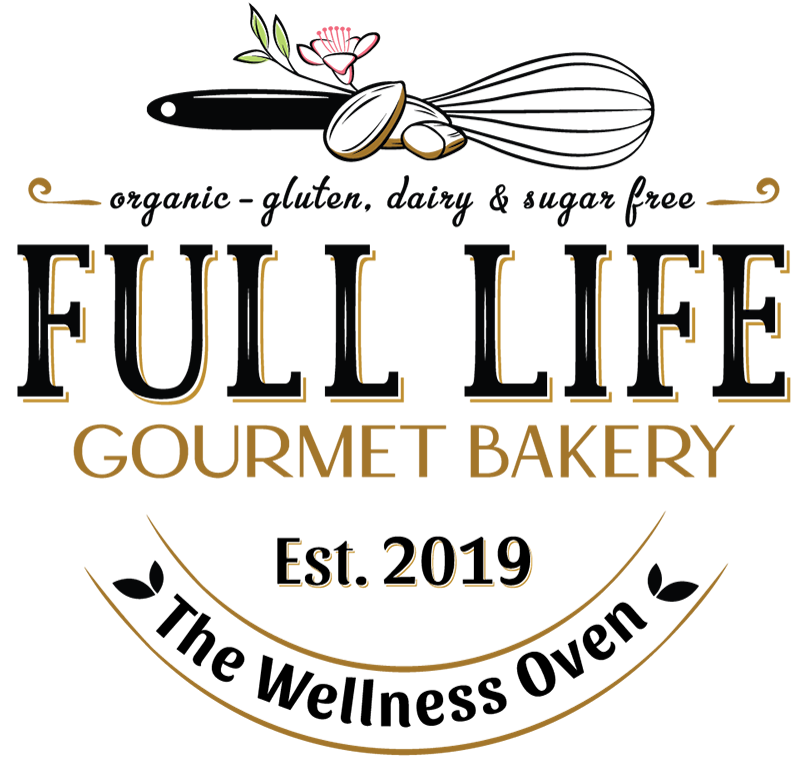
Imagine waking up every morning feeling energized, focused, and ready to tackle whatever challenges the day may bring. Instead of hitting the snooze button multiple times, you spring out of bed, excited to start your day. For many, this might sound like a distant dream, but with the right morning routine, it can become your reality. A well-structured morning routine sets the tone for the entire day, influencing your productivity, mood, and overall well-being.
In our fast-paced world, finding the time and energy to create a morning routine can seem daunting. However, the benefits are well worth the effort. A thoughtful routine that includes healthy breakfast choices, regular exercise, and mindfulness practices can transform not just your mornings, but your entire life. This article will explore how to build a morning routine that boosts energy and focus, offering practical tips and insights tailored to adults between 30 and 50 years old. Whether you're looking to enhance your physical health, mental clarity, or overall productivity, the strategies outlined here will help you start your day on the right foot.
The Importance of a Morning Routine
1. Setting the Tone for the Day
Your morning routine is like the foundation of a house—everything else is built upon it. When you start your day with intentional, positive actions, it sets a productive and energized tone for the rest of the day. Research has shown that a consistent morning routine can reduce stress, improve mental clarity, and enhance overall well-being. It’s no wonder that many successful people, from CEOs to athletes, credit their morning routines as a key factor in their success.
2. Boosting Energy and Focus
Morning routines that include physical activity, nutritious food, and mental exercises can significantly increase your energy levels and focus throughout the day. Exercise, for instance, has been shown to release endorphins, which boost your mood and energy. Meanwhile, a balanced breakfast fuels your body and brain, providing the nutrients needed for concentration and stamina. Incorporating mindfulness practices, such as meditation or deep breathing, helps clear mental clutter and sharpen focus.
3. Creating Consistency and Stability
In a world full of unpredictability, having a consistent morning routine can provide a sense of stability and control. It allows you to start each day on your own terms, rather than reacting to external pressures. This consistency can lead to long-term benefits, such as improved mental health, better physical fitness, and enhanced productivity. By establishing a morning routine, you're making a commitment to yourself—a commitment to prioritize your well-being every single day.
Building Your Ideal Morning Routine
1. The Power of a Good Night's Sleep
Before diving into morning routines, it’s important to recognize that a great morning starts the night before. Quality sleep is the cornerstone of a productive morning. Adults between 30 and 50 should aim for 7 to 9 hours of uninterrupted sleep each night. Establishing a calming bedtime routine—such as turning off screens an hour before bed, reading a book, or practicing relaxation techniques—can help improve sleep quality. When you wake up well-rested, you're already halfway to having an energized and focused morning.
2. Wake Up with Intention
How you wake up can set the tone for your entire day. Instead of hitting the snooze button, try waking up at the same time every day and start your morning with intention. Consider implementing a morning mantra or setting a positive intention for the day. This could be as simple as saying to yourself, "Today, I will approach challenges with a calm and focused mind." These small actions can have a profound impact on your mindset.
3. Hydration: The First Step
One of the simplest yet most effective steps you can take each morning is to hydrate. After hours of sleep, your body is naturally dehydrated. Drinking a glass of water first thing in the morning helps kickstart your metabolism, aids in digestion, and boosts energy levels. For an added boost, try adding a slice of lemon to your water for a dose of vitamin C and a refreshing start to your day.
4. Exercise: Moving Your Body for Energy
Physical activity is a powerful way to energize your body and mind in the morning. Whether it's a full workout, a brisk walk, or some light stretching, moving your body in the morning releases endorphins and improves blood flow to your brain, which enhances focus and mood.
- Short Workouts: If time is tight, opt for a quick 10-15 minute workout. High-intensity interval training (HIIT) or a quick yoga session can be incredibly effective.
- Morning Walks: A walk in the fresh air can be both invigorating and meditative. It provides a chance to connect with nature, clear your mind, and set positive intentions for the day.
- Stretching: Even a few minutes of stretching can help loosen muscles, improve circulation, and reduce the risk of injury throughout the day.
5. Fueling Your Body with a Healthy Breakfast
A nutritious breakfast is essential for maintaining energy and focus throughout the day. Skipping breakfast can lead to energy crashes and poor concentration later on. Here are some healthy breakfast ideas to consider:
- Oatmeal with Nuts and Berries: Oats are rich in fiber and provide sustained energy. Adding nuts and berries offers healthy fats, protein, and antioxidants.
- Greek Yogurt with Honey and Granola: Greek yogurt is high in protein, which helps keep you full and focused. Adding honey and granola provides a touch of sweetness and crunch.
- Smoothie with Spinach, Banana, and Protein Powder: A smoothie is a quick and convenient option. Spinach adds vitamins and minerals, while the banana provides natural sweetness and energy. Protein powder helps repair muscles and keep you full.
- Avocado Toast with Eggs: Avocados are rich in healthy fats, while eggs provide protein. This combination offers a satisfying and nutrient-dense start to the day.
6. Mindfulness Practices: Centering Your Mind
Mindfulness is about being present in the moment and can significantly impact your mental clarity and emotional well-being. Incorporating mindfulness into your morning routine can help you approach the day with a calm and focused mind.
- Meditation: Even just 5-10 minutes of meditation can make a difference. Focus on your breath, observe your thoughts without judgment, and set a positive intention for the day.
- Deep Breathing Exercises: Practicing deep breathing helps reduce stress and increases oxygen flow to the brain, which can improve focus and energy.
- Gratitude Journaling: Spend a few minutes each morning writing down three things you're grateful for. This practice shifts your mindset to a positive state, setting the tone for the day.
7. Planning Your Day: Setting Priorities
After fueling your body and centering your mind, take a few minutes to plan your day. This could involve writing a to-do list, setting priorities, or reviewing your schedule. By clearly defining your goals and tasks for the day, you can approach your work with focus and efficiency.
- To-Do Lists: Write down the most important tasks you need to accomplish. Focus on the top three priorities and tackle those first.
- Time Blocking: Allocate specific times for each task or activity. This method helps ensure that you stay on track and make the most of your time.
- Reflection: Take a moment to reflect on what you want to achieve today. Consider how your actions align with your long-term goals and values.
Analysis and Insights
1. The Rise of Morning Routines
In recent years, there has been a growing trend towards creating personalized morning routines. From self-help books to online challenges, more people are recognizing the power of starting their day with intention. This trend reflects a broader shift towards prioritizing mental and physical well-being in daily life. Morning routines offer a structured way to incorporate healthy habits, and they can be customized to fit individual needs and lifestyles.
2. Challenges of Maintaining a Morning Routine
While the benefits of a morning routine are clear, maintaining one consistently can be challenging. Life’s demands, such as work, family responsibilities, or unexpected events, can disrupt your routine. However, it's important to approach your morning routine with flexibility. If you miss a day, don’t be discouraged—simply start again the next day. Over time, your routine will become a habit, making it easier to maintain.
3. Opportunities for Personal Growth
A well-designed morning routine is more than just a series of tasks—it’s an opportunity for personal growth. By dedicating time each morning to activities that nourish your body and mind, you’re investing in your long-term well-being. This investment can lead to greater resilience, improved relationships, and a more fulfilling life. As you refine your morning routine, consider how it aligns with your broader goals and aspirations.
Conclusion
Creating a morning routine that boosts energy and focus is one of the most impactful steps you can take towards improving your daily life. By incorporating exercise, a healthy breakfast, and mindfulness practices into your mornings, you set the stage for a productive and fulfilling day. Remember that a successful morning routine doesn’t have to be rigid—find what works best for you and be open to adjustments as needed.
As you embark on your journey to create a morning routine, start small and build gradually. Even the smallest changes, like drinking a glass of water or stretching for a few minutes, can have a significant impact over time. The key is consistency. By committing to your morning routine, you’re not just improving your mornings—you’re transforming your life.
Call to Action: Start designing your ideal morning routine today. Experiment with different activities and find what makes you feel energized and focused. Your future self will thank you for the effort you put in now.
References:
-
Harvard T.H. Chan School of Public Health. (n.d.). The benefits of physical activity.
-
Mayo Clinic. (2021). Exercise: 7 benefits of regular physical activity. Retrieved from
-
American Heart Association. (2018). Why is physical activity so important for health and well-being?
-
National Institutes of Health. (2021). Dietary guidelines for Americans: Healthy breakfast options.
-
Cleveland Clinic. (2020). How to start a meditation practice.
-
Centers for Disease Control and Prevention. (2021). Getting enough sleep.
-
Mindful.org. (2019). How mindfulness changes the emotional life of our brains.
-
American Psychological Association. (2019). The power of gratitude.
By Guillermo Brillembourg




